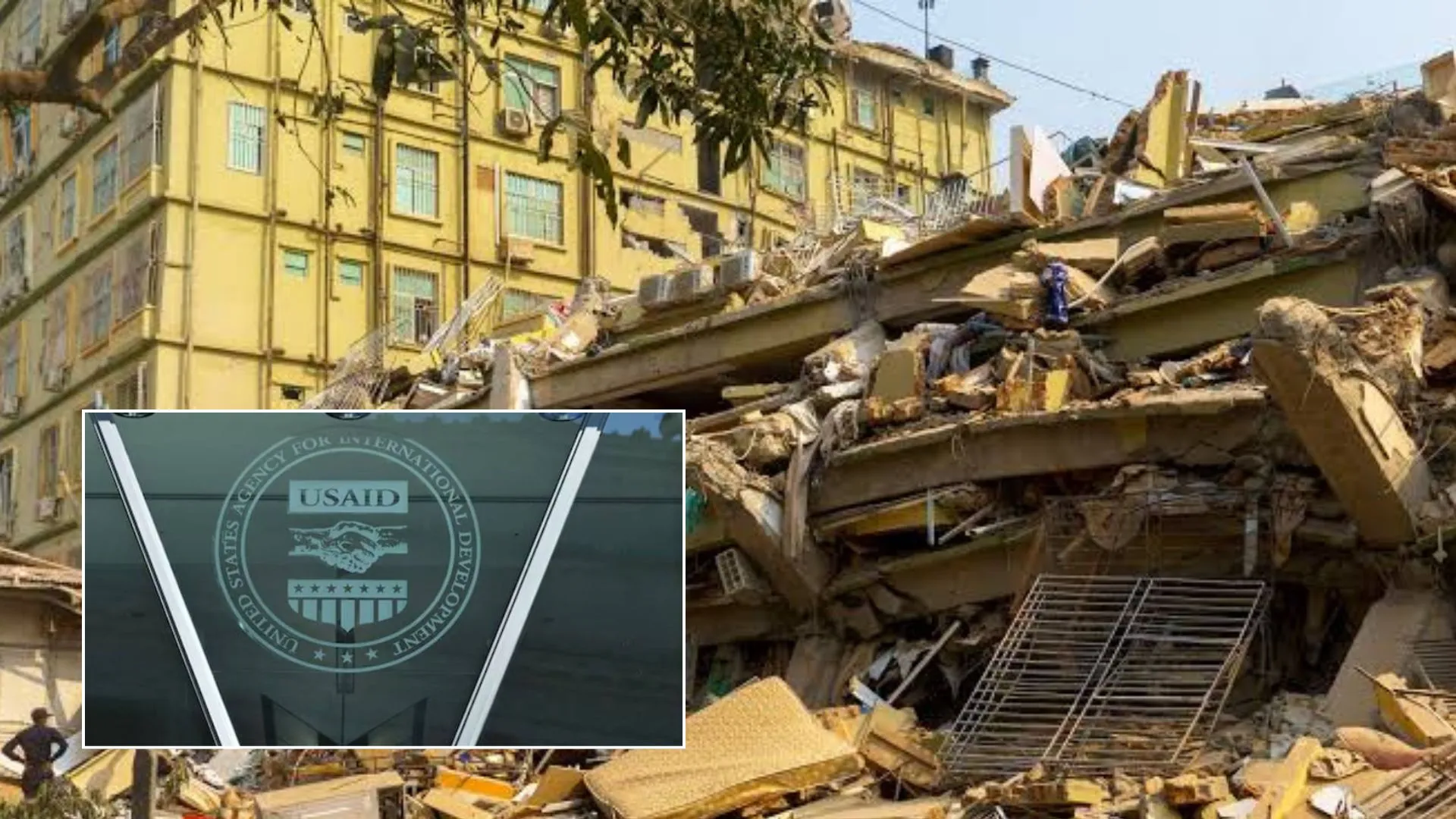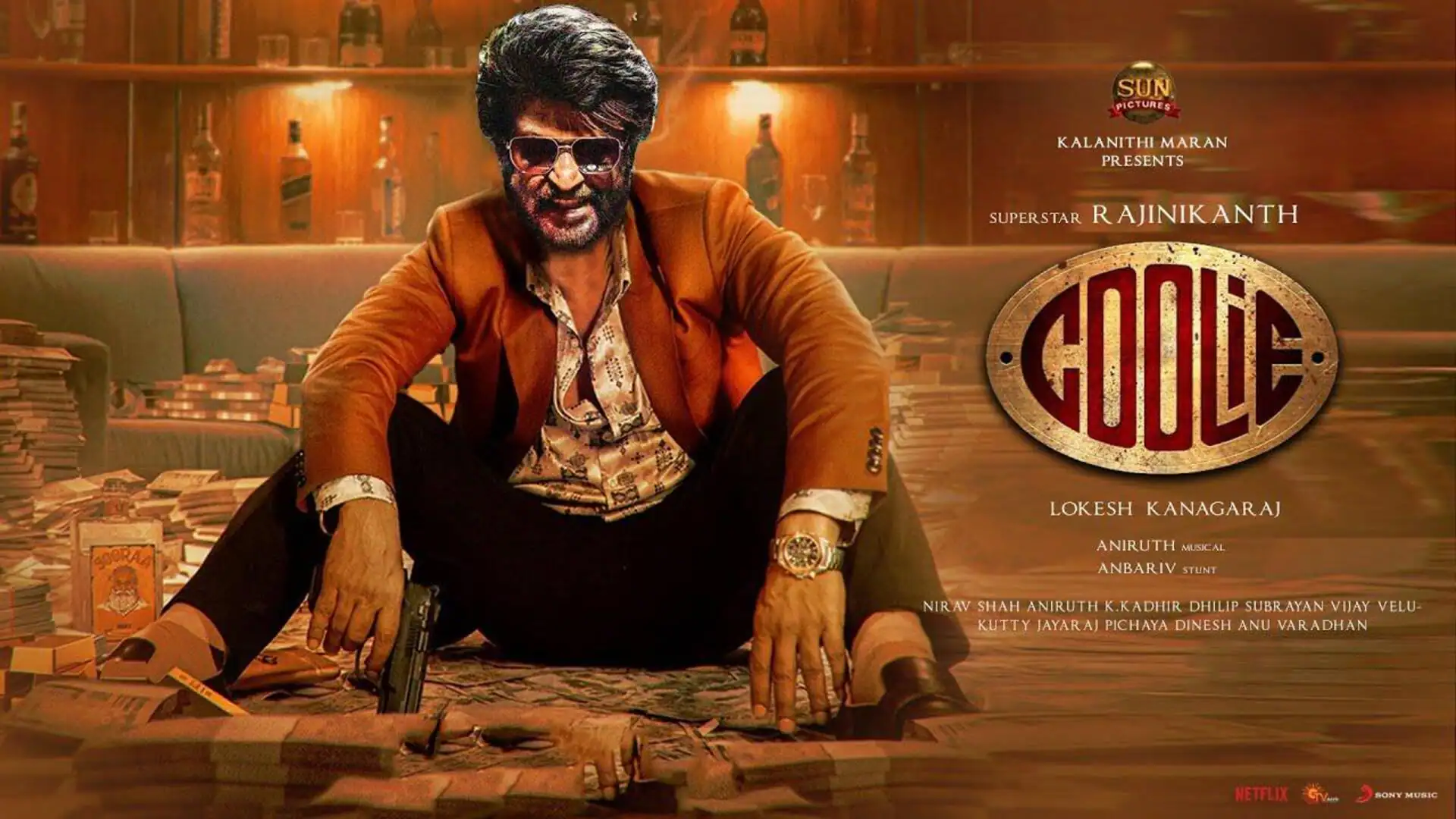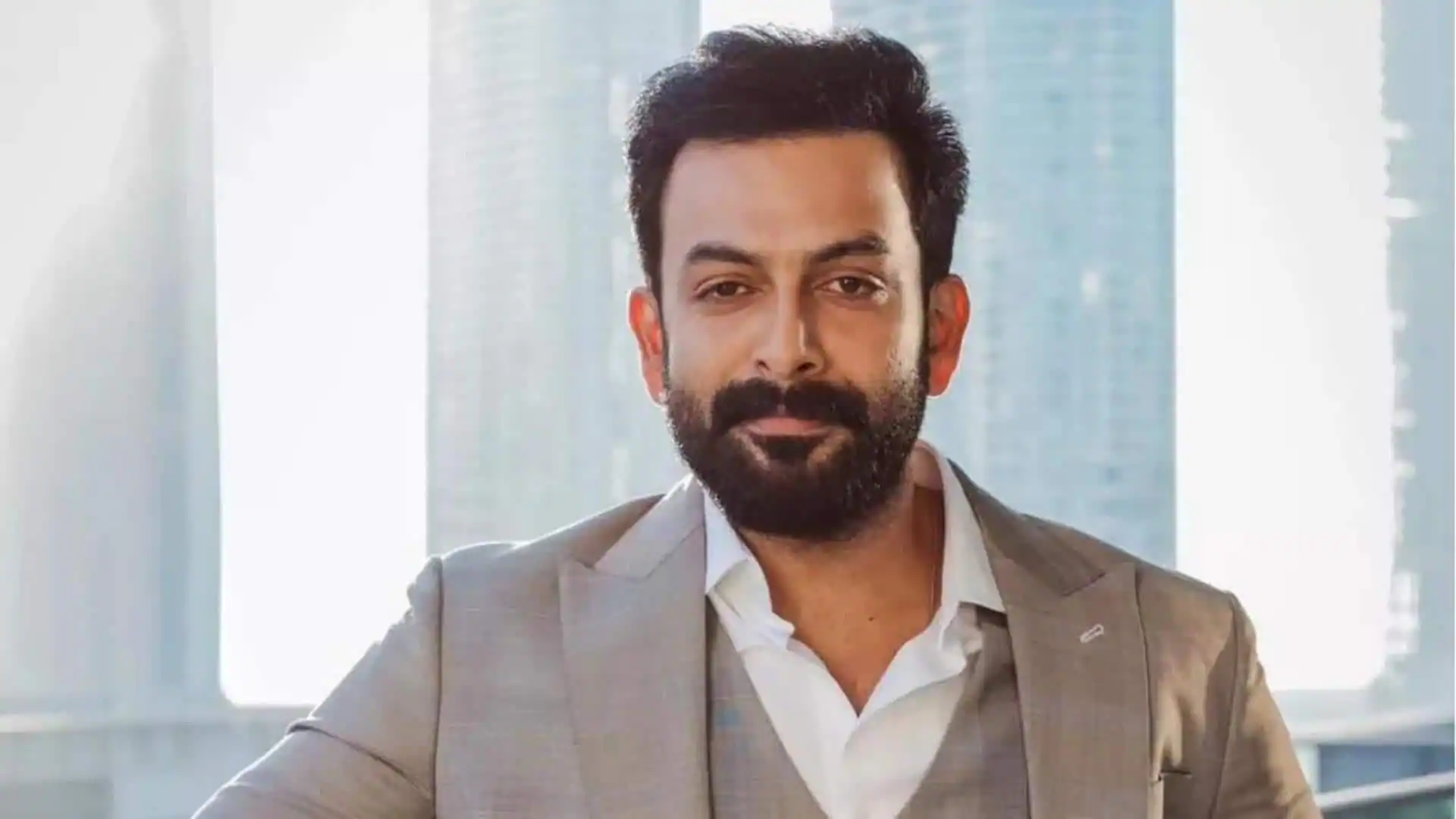The Supreme Court refused to hear a petition filed by 14 opposition parties led by Congress, alleging “arbitrary use” of central investigation agencies such as the Central Bureau of Investigation (CBI) and the Enforcement Directorate (ED) against opposition leaders and seeking a new set of guidelines governing arrest, remand, and bail.
As the Supreme Court declined to hear the petition, senior counsel Abhishek Manu Singhvi, representing the opposition parties, attempted to drop it. According to a bench led by Chief Justice of India DY Chandrachud, politicians are on equal footing with people of this country.
According to the Supreme Court, political leaders do not have immunity and cannot claim a higher identity. The court questioned how they could have a different set of procedures and stated that there could not be norms that just apply to politicians.
Senior advocate Abhishek Manu Singhvi appearing for opposition parties said that from 2013-14 to 2021-22, there is a 600 per cent increase in CBI and ED cases. “A total of 121 political leaders have been probed by ED, of which 95 per cent are from the opposition parties,” Singhvi said.
For the CBI, out of 124 investigations, over 95 per cent are from opposition parties. This has a chilling effect on the legitimacy of political opposition, Singhvi told the Supreme Court.
However, the court was not convinced by the submission and remarked, “Can we say because of these statistics, there should be no investigation or no prosecution?”
“Ultimately a political leader is basically a citizen and as citizens, we are all amenable to the same law,” the court observed.
Senior Attorney Singhvi responded that the parties do not want the plea to prejudice any outstanding cases in India, and they are not here to meddle with the ongoing investigation.
According to the court, the statistics in the petition only apply to lawmakers.
The court questioned how it could issue arrest guidelines if there was no bodily harm or child sex abuse. The court made it clear to the petitioner that they might bring an individual matter to court and the court would consider it.
According to Singhvi, mass arrests are a threat to democracy, a symbol of authoritarianism, and the process becomes the punishment.
Where is democracy if these people are constantly battling cases, Singhvi asked.
The judge stated that the petition is for politicians the moment the petitioner mentions democracy.
The absence of concrete facts to establish general rules, according to the court, would be harmful.
The opposition party has petitioned the Supreme Court for prospectively applicable norms guiding the arrest, remand, and bail of individuals charged with non-serious bodily injury offences (which may or may not be penalised by imprisonment for more than seven years) (thereby obviously excluding homicide, rape, terrorism etc.).
In light of the alarming rise in the use of coercive criminal processes against Opposition political leaders and other citizens exercising their fundamental right to dissent and disagree with the current Union Government, the 14 Opposition political parties have filed this petition with the Supreme Court of India.
In terms of arrest and remand, the petitioner requested that the triple test — whether a person is a flight risk, whether there is a reasonable fear of tampering with evidence, or whether there is a reasonable fear of influencing/intimidating witnesses— be used by police officers/ED officials and courts alike for the arrest of persons in any cognizable offence except those involving serious bodily violence.
The opposition party also requested that if the trial is unlikely to be completed within six months, the accused be released on bail even under special laws if the conditions in the triple-test are not met.
Finally, the petitioners hoped that these guidelines would help to fulfil and realise the guarantee of personal liberty enshrined in Article 21 of the Constitution for all citizens, including those targeted for exercising their right to political dissent and carrying out their duties as the political opposition.
According to the opposition parties, investigating agencies such as the CBI and ED are increasingly being used in a selective and targeted manner in order to fully crush political dissent and upend the fundamental foundations of representative democracy.
Advocate Shadan Farasat, Adv drafted and filed the petition, which was settled by Senior Advocate Abhishek Manu Singhvi.
They also provided other statistics. The petitioner further stated that there is a clear tendency of utilising ED raids as a tactic of harassment, with the action rate on raids, i.e. complaints filed in response to raids, decreasing from 93% in 2005-2014 to 29% in 2014-2022.






















